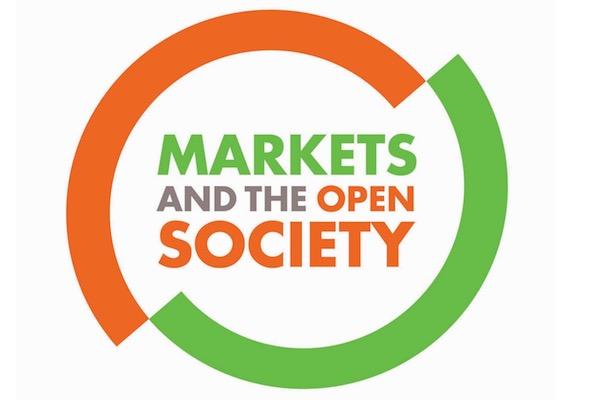
Overview
One of the key arguments in favor of markets is that they’re engines of prosperity and innovation, that by unleashing human creativity and lifting millions of people out of poverty they’ve promoted progress more dramatically than any other force in human history. One of the key criticisms of markets is that they tend to concentrate wealth in the hands of a few, entrenching the privileges of the wealthy and creating power disparities that ripple across social and political life. This conference will explore the tension between, and consider possible ways of harmonizing, these two positions.
This virtual panel is part of the 2021-22 COMPAS Program on Markets and the Open Society.
About the Panelists

Ryan Muldoon (Philosophy, University of Buffalo)
Ryan Muldoon is an Associate Professor of Philosophy at the University at Buffalo. His primary research investigates how we can turn the challenge of increasing diversity into a resource to be tapped for our mutual benefit. Specifically, he investigates how diversity can lead to more just societies, to an increase in the amount and quality of scientific production, and greater wealth. He also works on social and behavioral aspects of development policy.
Muldoon is the author of Social Contract Theory for a Diverse World: Beyond Tolerance and was a core author of the 2015 World Development Report at the World Bank.

Julie L. Rose (Government, Dartmouth College)
Julie L. Rose is an Associate Professor in the Department of Government at Dartmouth College. Her primary area of research and teaching is contemporary political philosophy, with a focus on questions of economic justice.
Professor Rose's research addresses the ethical dimensions of our collective economic choices. She has special interests in issues of distributive and social justice, justice and work, environmental ethics, and gender and family justice.
In her first book Free Time, Rose argues that all citizens are entitled, as a matter of justice, to fair shares of free time. She is currently writing a new book on justice and economic growth, provisionally titled The Ends of Growth (under advance contract with Princeton University Press).
